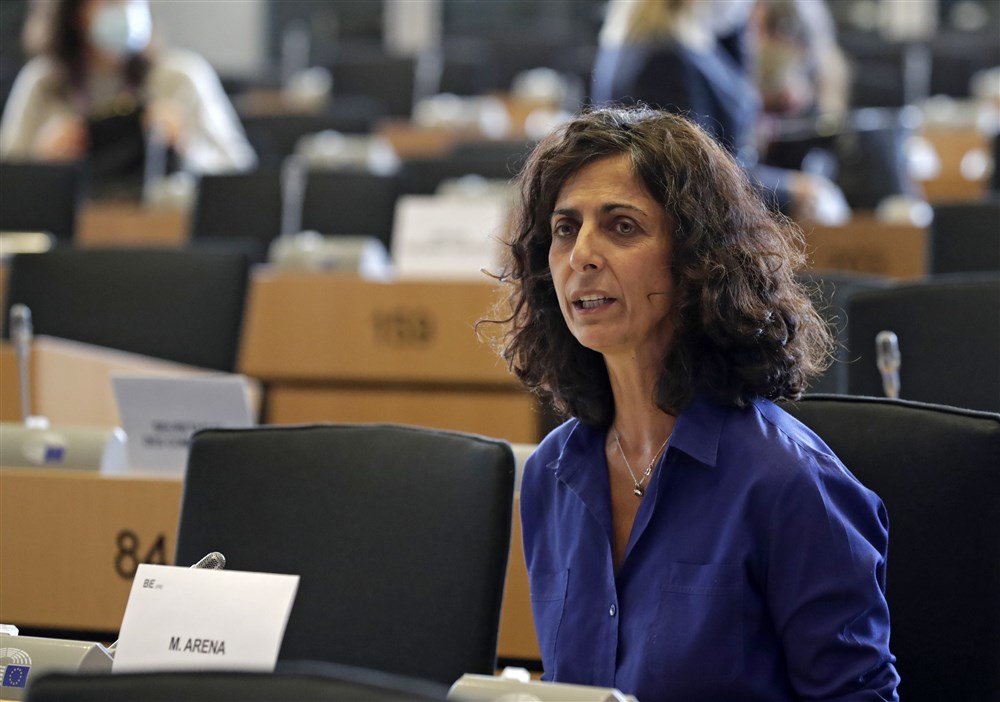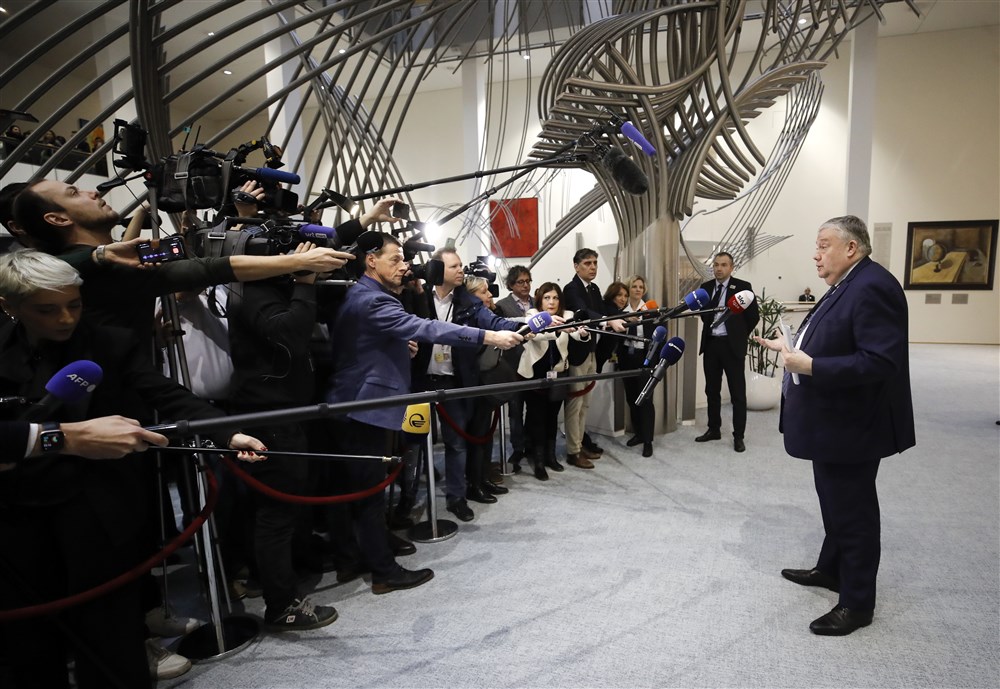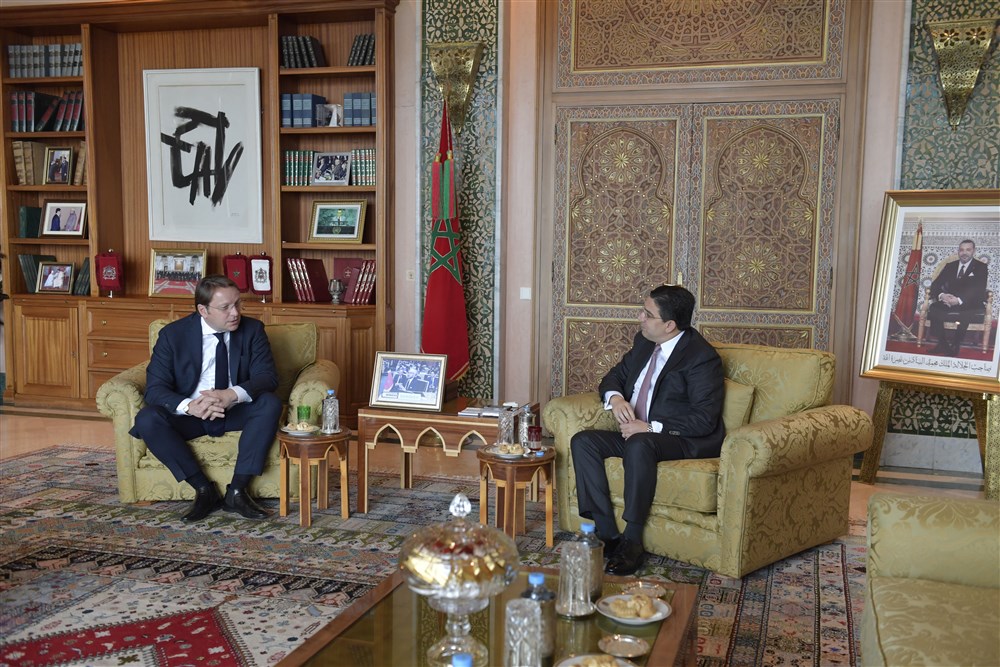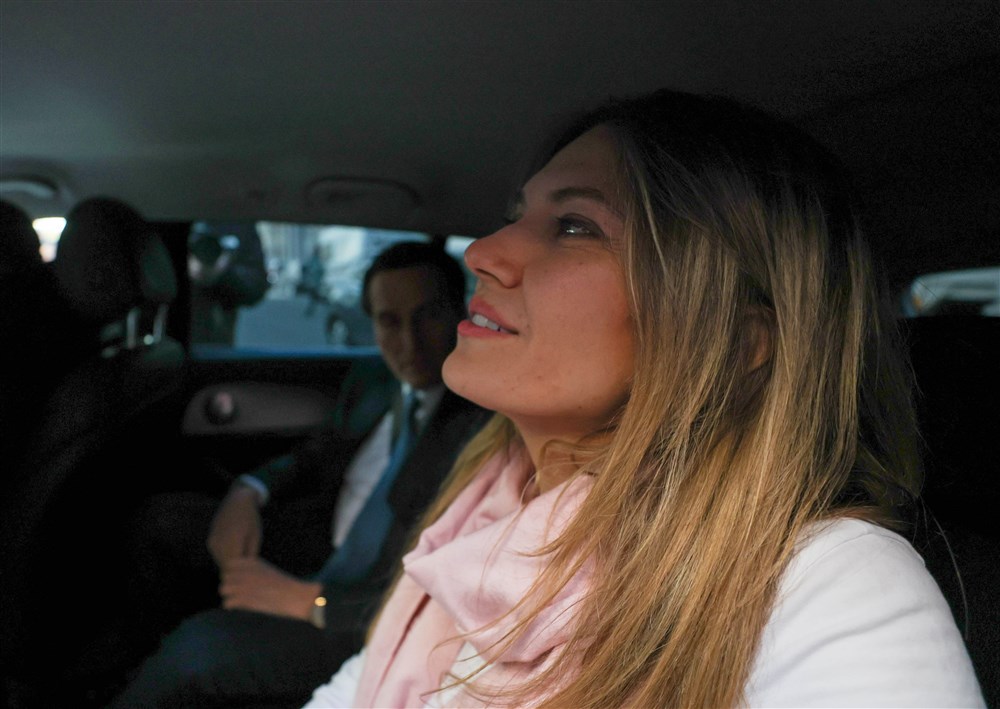The European Parliament is racing to cauterise damage caused by the Qatargate scandal, which has left an unseemly smell of corruption hanging over the Strasbourg-based assembly.
The rules for lifting the immunity of individual Euro MPs are to be revised (there’s a vote today); so-called ‘friendship groups’ which bring together members and specific countries could be scrapped; and a ‘cooling off period’ looks set to be introduced that prevents MEPs from joining the industries they have been regulating as soon as their term ends (a dubious practice that another EU institution, the European Commission, has also sought to prevent).
Parliament President Roberta Metsola has talked this week of the “need to rebuild trust” and has pledged to address weakness in anti-corruption rules “strongly” and “systematically”. EU citizens “rightly demand accountability and integrity”, she said.
Will this be enough?
Some don’t think so. “The scandal is much more serious than others for the credibility of the European Union” EU law professor Alberto Alemanno told the French Press Agency AFP. “We could have expected a more serious, more structural response than in the past.”
This is not the first attempt to clean up the assembly’s act. Euro MPs used to enjoy a very ‘liberal’ expenses regime until abuse was exposed (largely by the British press). There have also been scandals involving funds used to employ parliamentary assistants.
Members’ declarations of interests have since been introduced, though loopholes are numerous. Some suggest that MEPs’ assets should be listed at the beginning and end of their tenure, so that a comparison can be made.
Efforts to clean up the Parliament’s image are sure to be hampered by court cases against those arrested, some red-handed, by the Belgian police in December. Individuals continue to appear before court, ensuring a steady stream of news coverage. One of the accused, Pier Antonio Panzeri, appears before a Belgian court today, as local media group HLN reports.
The New York Times has covered the process of lifting the immunity of politicians allegedly involved in this snowballing corruption scandal, which has involved huge amounts of cash in suitcases. “The raids came after a yearlong investigation with the help of foreign secret services, and the Belgian authorities say they have uncovered efforts by Qatar and Morocco to influence parliamentary decisions with bribes. Qatar and Morocco have denied the accusations” the newspaper reported.





